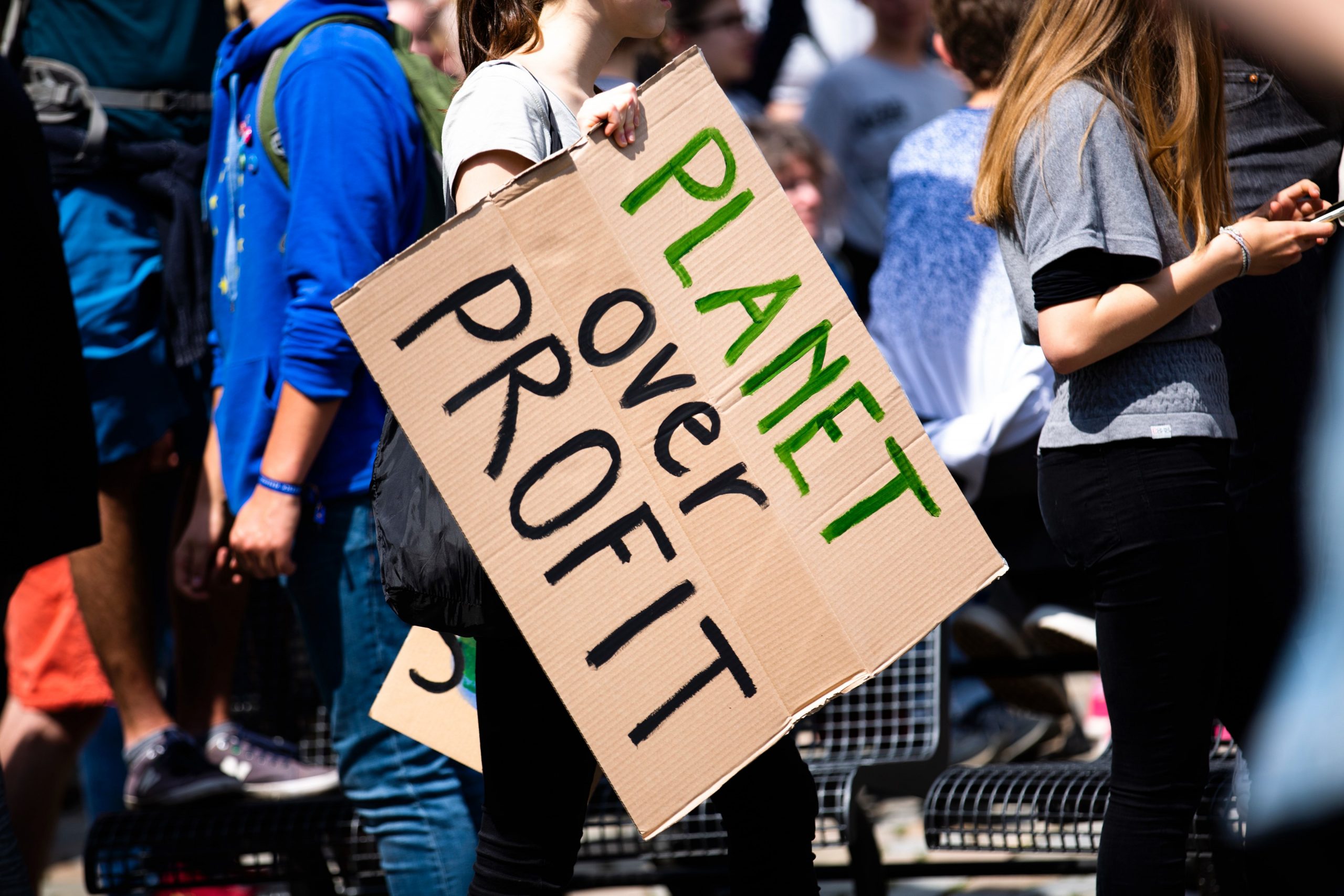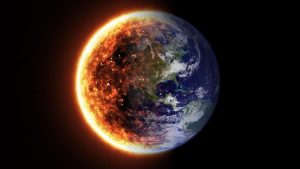Over 750 scientists reviewed over 14,000 scientific publications to prepare the first part of the Inter-governmental Panel on Climate Change’s (IPCC) sixth assessment report (AR6) which was released on Monday.
Titled ‘Climate Change 2021: the Physical Science basis’, the report was prepared in collaboration with 195 governments and its two remaining parts are slated for release next year.
UN Secretary-General António Guterres has termed the report as a “code red for humanity”, warning global heating was affecting every region on Earth, “with many of the changes becoming irreversible”.
Also Read: IPCC climate change report 2021: The key points
The report paints a grim picture of how climate change would further impact our planet with increasing heat waves and humid heat stresses. Summer and summer monsoon precipitation are also likely to increase with enhanced variability year-by-year over the coming decades, the report says.
IPCC reports are created by three working groups of scientists. Working Group-I which deals with the scientific basis for climate change; Working Group-II which handles the likely impacts, vulnerabilities and adaptation issues; and Working Group-III which deals with actions that can be taken to combat climate change.
Since its inception by the World Meteorological Organization (WMO) and the UN Environment Programme (UNEP) in 1988, the IPCC has released five reports detailing scientific evaluations of earth’s climate in a bid to help governments form policies to deal with climate change.
IPCC assessment reports have formed the basis for climate-related action on global platforms.
The First Assessment Report was released in 1990 and highlighted the role of emissions due to human activities in atmospheric concentrations of greenhouse gases.
It formed the basis for negotiation of the UN Framework Convention on Climate Change in 1992. Subsequent reports released in 1995, 2001, 2007 and 2014 formed the basis for some of the most significant climate-related action globally including the Paris Agreement in 2015, the Kyoto Protocol in 1997 and the 2009 Copenhagen climate meeting.







